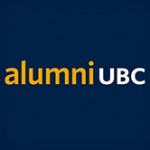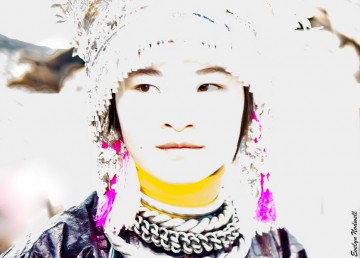Webcast sponsored by the Irving K. Barber Learning Centre and hosted by the iSchool at UBC. Drawing on her research on electronic records management, in particular the AC+erm (Accelerating positive change in electronic records management https://www.northumbria.ac.uk/acerm) project, Dr. Julie McLeod will argue that ERM is a ‘wicked problem.’ She will discuss how the Cynefin framework, a framework that helps decision makers to make sense of a range of business problems and situations in dynamic contexts, can be used to take appropriate action and choose appropriate solutions. She will refer to different digital records contexts, including research data management, and will consider some of the ways forward and requirements to address the challenges we face.
Speaker Bio
Dr. McLeod is Professor of Records Management at the iSchool at Northumbria University, which she joined after a thirteen year career in industry as an information and records manager. She is Program Leader for the MSc of Information & Records Management. She has worked on innovative experiential learning and distance education initiatives with The National Archives of the UK, the BBC, the Deutsche Bank, the European Central Bank, and other organizations, and is a member of the BSI and ISO committees on records management. She has led JISC and AHRC funded research on electronic records management and research data management (DATUM). She has published widely, including co-authoring and editing several books; is Editor of the Records Management Journal and a member of the editorial boards of other scholarly journals; and has served as a member of Arts & Humanities Research Council Panels and Peer Review College. In 2007, she was awarded a Personal Chair in Research at Northumbria University. In 2014 she received the Emmett Leahy Award.
Select Articles and Books Available at UBC Library
McLeod, J., & Childs, S. (2007). Consulting records management oracles—a Delphi in practice. Archival Science, 7(2), 147-166. [Link]
McLeod, J., & Hare, C. (2006). How to Manage Records in the e-Environment. Psychology Press. [Link]
UBC Library Research Guides




